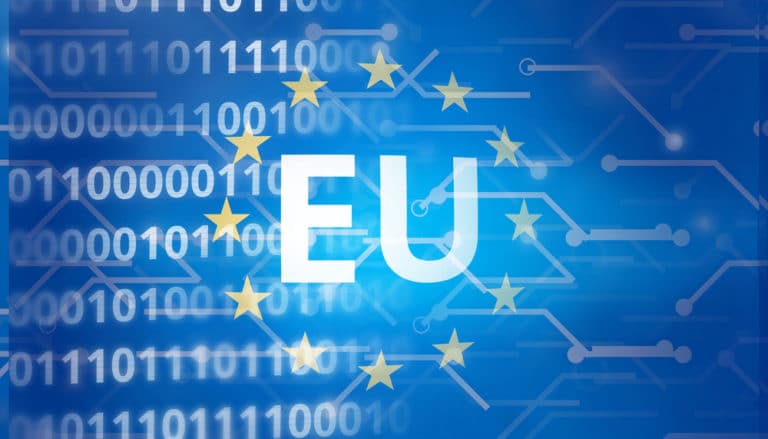As the world moves toward a new age defined by machine learning and artificial intelligence, the very basis of numerous modern tech is being scrutinized by policymakers.
Data is essential to refine any cutting-edge technology and will grow significantly as we develop more advanced ML, and AI models stoked up by richer, high-quality data sets.
In the EU, however, rigorous regulations exist around how private data could be used. The EU’s GDPR mandates that companies consent to collect data to protect citizens’ privacy offline and online.
These rules affect AI businesses all over the world. It is because they curb how private data is transferred outside the EU to servers worldwide, including in the United States.
Privacy Shield in tatters
Data transfer – from the US to the EU and back – is the real issue for many worldwide software companies. Since the US is European Union’s second-major trading partner and home to the world’s major tech companies, data often moves back and forth.
Initially, transfers were governed by the EU-US Privacy Shield framework agreed upon by both parties. However, it was nullified by the European Court of Justice (ECJ) in 2022 because the US ‘National Security Act’ risked breaching the European Union citizen’s data privacy.
Since then, data transfers have been carried out using Standard Contractual Clauses; however, it has not been straightforward. Both Meta and Amazon are involved in litigations over how both companies’ algorithms work within EU laws. The EU GDPR law also applies to businesses that don’t do business inside the EU.
Help is on its way
Fortunately, companies don’t have to experience this legal trouble forever. Hope is on its way in the shape of the Trans-Atlantic Data Privacy Framework.
According to the joint statement released at the time, it will “provide a durable basis for trans-Atlantic data flows, which are critical to protecting citizens’ rights and enabling trans-Atlantic commerce in all sectors of the economy, including for small and medium enterprises.”
The EU said the new proposed AI regulations “could enter into force in the second half of 2022 in a transitional period.” Until everything settles, companies will have to deal with the existing scenario.
